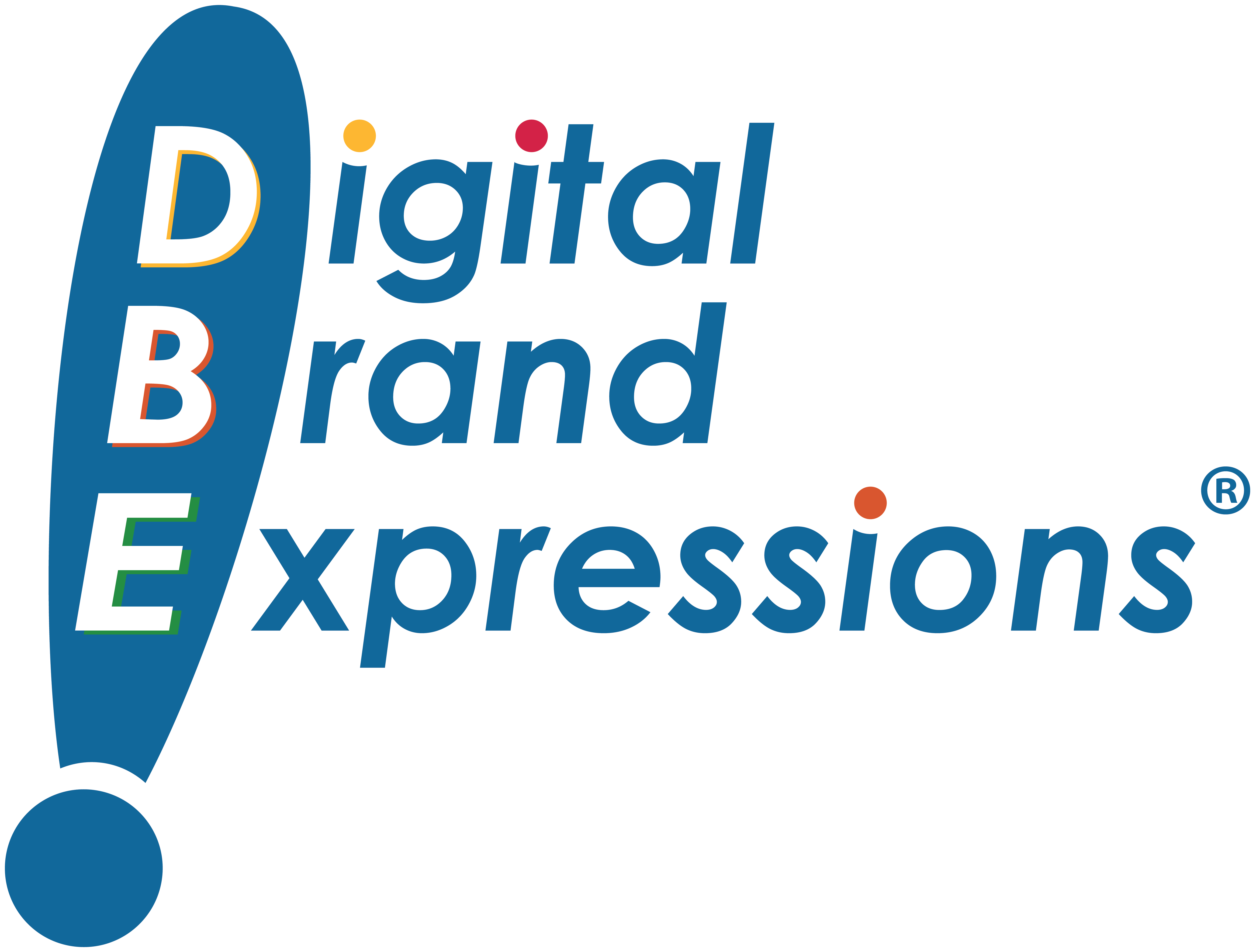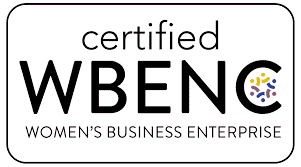By Veronica “Niki” Fielding
Originally published in the March 2018 issue of “Postings” the member newsletter of the Direct Marketing Club of New York City
While Facebook generates $40 billion in worldwide online ad sales, and Amazon morphs into a $2.8 billion ad platform, Google is still by far the online advertising leader with $73 billion in ad revenues in 2017, according to JP Morgan, via the Wall Street Journal.
As a Google Premier Partner, Digital Brand Expressions (DBE) has a front-row seat to the constant change, experimentation, innovation, occasional goofs, and rampant successes that make the Google AdWords platform a top choice for advertisers.
Yet many marketing leaders don’t realize how complex Google AdWords has become. That knowledge gap is costing them hundreds of millions of dollars each year.
To understand the misses, let’s cover the basics: Google AdWords is a global advertising platform for text-only ads served when searchers query Google for information. The ads appear as lines of character-restricted text and contain links to the advertisers’ website. Advertisers choose which keywords/phrases they want associated with their ads, along with what caps they want to set on their bids.
Search ads are not purchased ahead of time; they are bid on in a real-time, hyper-dynamic auction that serves ads to people who enter variations of the keywords/phrases the advertiser specifies. The advertiser doesn’t pay for served ads; they only pay when the ads are clicked.
With that in mind, the key miss is when advertisers think of Google as just another ad buy.
Google doesn’t simply serve the ad from the highest bidder in the highest spot. The system is incredibly sophisticated. Managing AdWords is much more akin to coding than designing and copywriting.
DBE has audited numerous programs for advertisers–and other agencies–and has, 100% of the time, found inefficiencies that were wasting the advertisers’ money. Here are a few we see most frequently:
- Wrong Keywords: Not every word you could associate with your brand is one a potential purchaser would use to find it. Enticing someone to click who has no interest in taking further action will not only cost you for the click, it also will earn a poor Quality Score from Google. Ads with lower scores cost more to run.
- Missing match-type options: Advertisers can specify if they want to use Exact Match to show ads when someone enters the desired keywords in an exact order as a search. Exact search tends to cost more, but typically delivers more valuable visitors. Broad Match is the setting that broadens the search query to include any use/variation of the keywords targeted. It typically generates cheaper clicks but also pulls in less relevant traffic. Other match types are: Phrase, Broad Modified, and Negative. By not properly leveraging each of these match types, advertisers are paying for clicks that are less likely to produce intended results, i.e., limiting their positive Return On Ad Spend (ROAS).
- Not Using RLSA. Remarketing Lists for Search Ads (RLSA) is Google’s version of remarketing via text ads on the search results page – but without the stalking factor typical of display remarketing ads. And here’s why DBE loves RLSA: the ads are served to ANYONE who visited the website, regardless of how they first found it. So, if they heard a podcast, talked with a friend, or even came to your website through search initially, they get tagged, and when they do a Google search, your ad is served to them. And these ads cost less per click than others because of the higher likelihood the searcher will click through.
- Ad Extension Omissions: Often we find ads running without a full complement of sitelinks extensions, structured snippets, call out extensions and/or other extensions that are available. These extra pieces of information tell more of your story, cost nothing to add to your ads, and help increase ad program performance.

Those are the most common mistakes we see. Here’s another:
With a media-buy mindset, decision makers often fail to adequately budget time and other resources for the active, daily management required for success. Without experienced, certified talent, campaigns can easily fall victim to the mistakes listed above and others, generated by harried and inexperienced ad managers.
To fully realize the benefits of paid search, marketers need to train their teams continually and give them time to keep pace with, test, learn, and apply learnings. In the always changing ad platforms, you need to make every ad dollar go the distance and generate optimum ROI.

